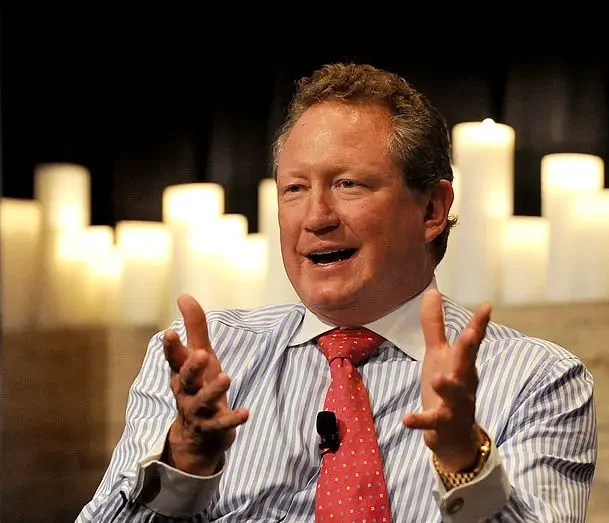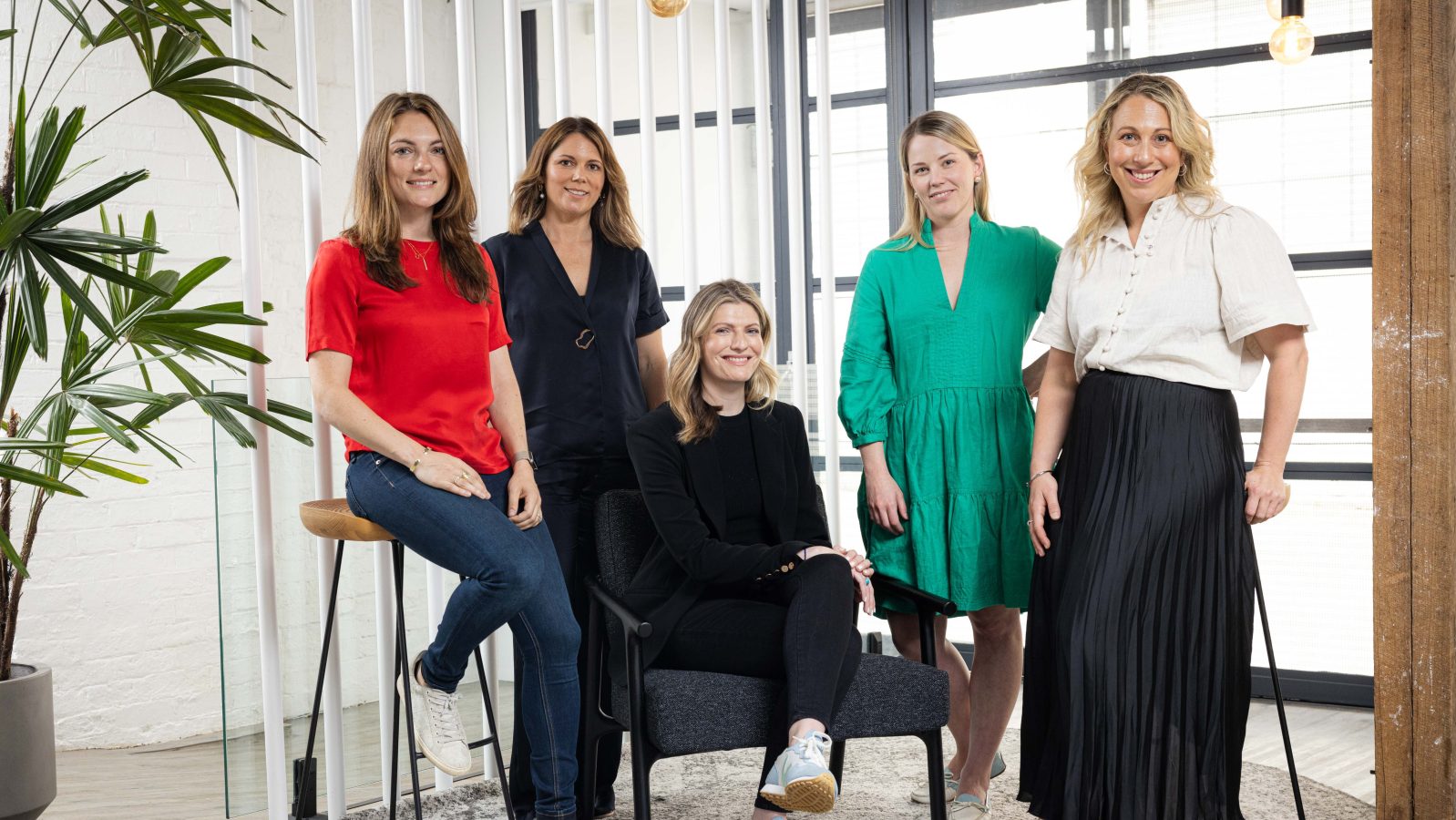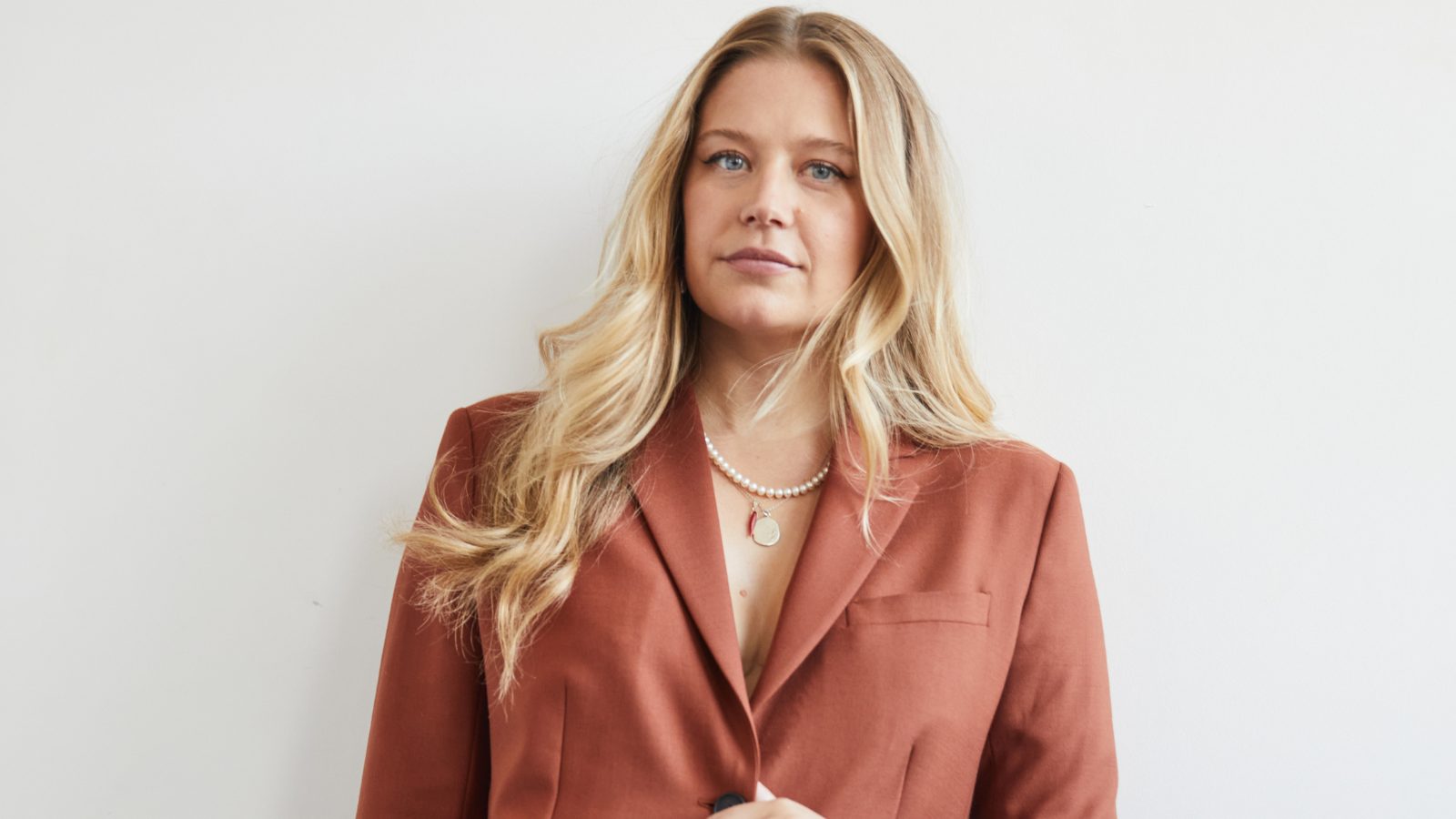Carbon emissions are the easy part. Fair Supply also wants to find the endangered frogs and people in slavery in your supply chain – and with fresh funds from the likes of Five V Capital, AirTree and QIC, the startup is now targeting Europe and North America.
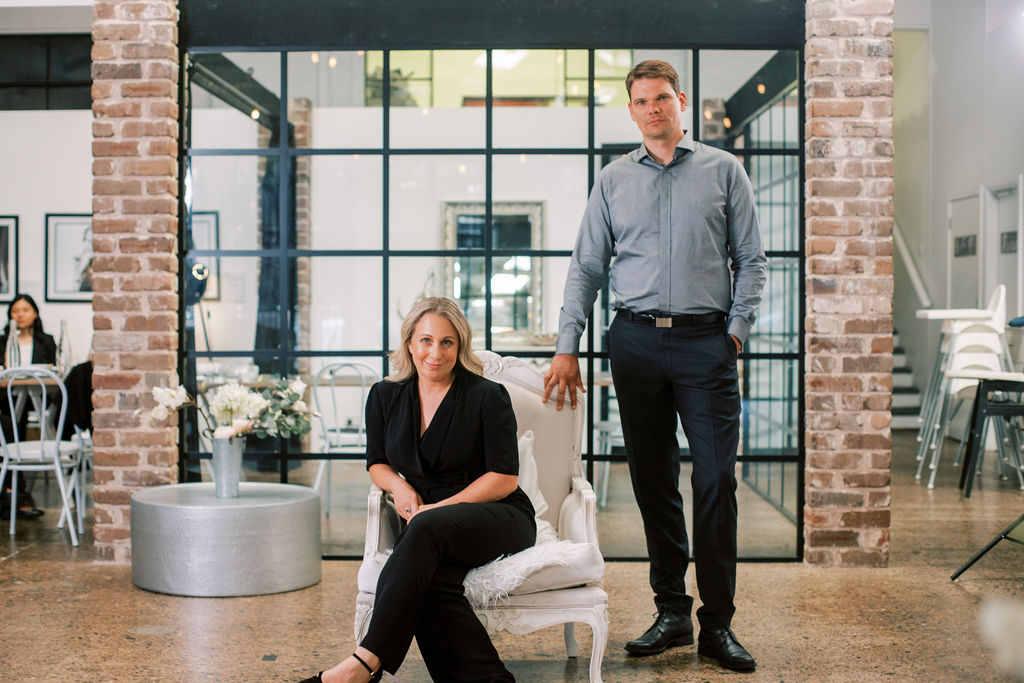
Key Takeaways
- Fair Supply, a tech startup that automates supply-chain environment, social and governance (ESG) compliance announced a capital raise of “more than $12 million” to date.
- The startup hopes to take advantage of Australia’s new Climate-Related Financial Disclosure (CRFD) regime, which came into effect on January 1 this year.
- The money will support expansion into Canada and Europe after the startup snared the London Stock Exchange and Canada’s largest grocery retailer, Sobeys, as customers.
- The investment round was led by Sydney-based Five V Capital and supported by its Series A lead investor, Airtree Ventures and QIC.
Key background
Founded in 2019 by human rights lawyer Kimberly Randle with mathematician and supply-chain academic Dr Arne Geschke, the SaaS startup Fair Supply developed its Spotlight product, dubbed “Google for ESG”.
“So we look at where goods and services are coming from globally and then measure the risk that those goods and services and investments have on human rights, carbon emissions, water use and biodiversity impact,” Randle said.
“We’re actually quantifying that risk in terms of number of people likely to be in forced labour by industry and country, or the amount of carbon emissions likely to be produced by each industry and country in their supply chain. That’s known within the market as Scope 3 emissions.” Scope 3 emissions are those that result from activities not owned or controlled by the reporting organisation but which are in the organisation’s value chain – both upstream and downstream.
The ability to put a reliability on carbon emissions is easier, Randle says, because it’s published data. Endangered species risk is harder. Slavery harder still.
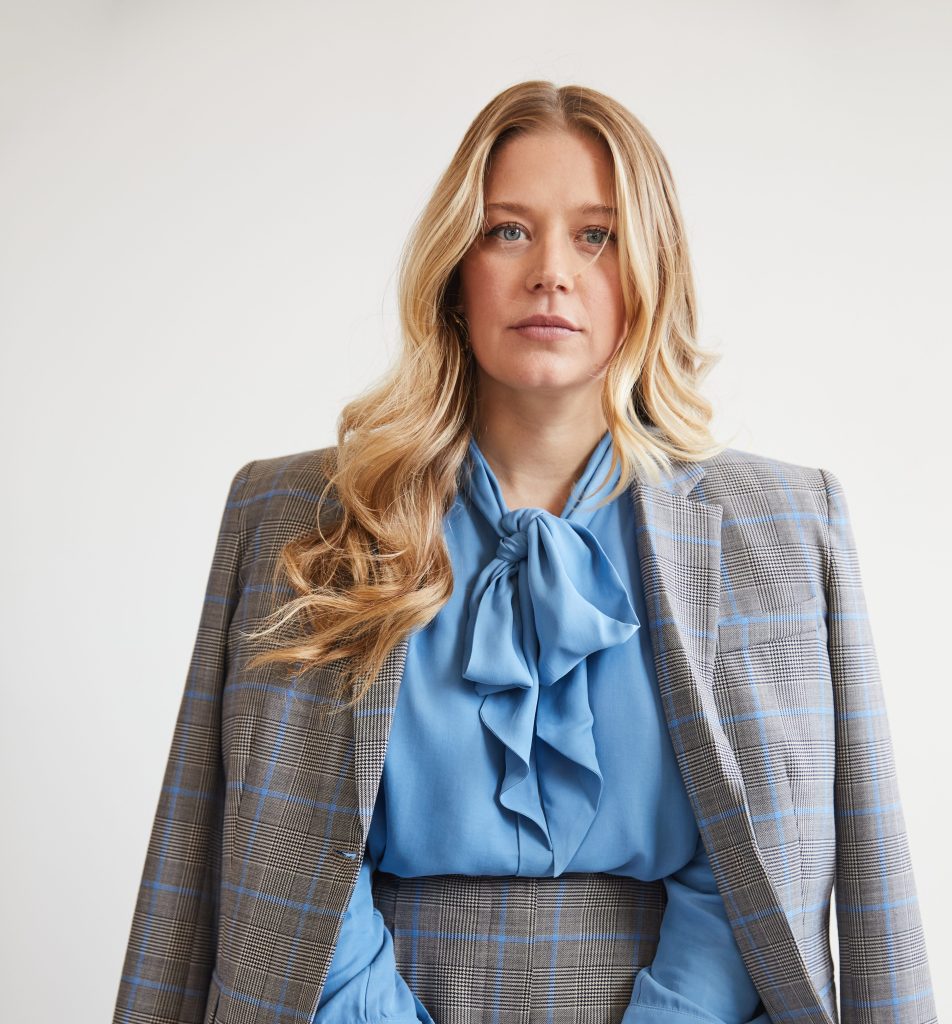
“It is very difficult to measure a hidden crime,” Randle says. “The Minderoo Foundation, the authors of the Global Slavery Index are also investors in the company. Our methodology has gone through extensive due diligence.”
Fair Supply’s funding coincides with the introduction of Australia’s new Climate-related Financial Disclosure (CRFD) regime, which came into effect on January 1, 2025.
Under this legislation, companies must disclose greenhouse gas emissions in their financial reports, with stricter liabilities for directors to enforce it.
Large Australian companies are already subject to the Modern Slavery Act which requires them to report on how they are addressing slavery risks in their supply chains.
Global rules are also putting an increased burden on business with regulations such as the Corporate Sustainability Due Diligence Directive (CSDDD) and the Corporate Sustainability Reporting Directive (CSDR) in the EU, all of which Randle says Fair Supply addresses.
Fair Supply customers
- QIC (also investor)
- Stockland
- Squadron Energy
- Izuzu Australia
- APA Group
- Australian Super
- Ramsay Health
- Cbus
- HESTA
- Port of Brisbane
“We’ve had quite a lot of traction in the superannuation industry in Australia. So some of our customers are CBUS, Australian Super, HESTA. Typically our customers are reporting entities under the Modern Slavery Act, which is entities which have revenue over $100 million and also now the new mandatory climate-related financial disclosure regime.
“The timing [of the CRFD] is quite incredible because that is going to have such a significant impact on so many businesses in Australia,” Randle said. “We will be implementing quite an aggressive hiring strategy immediately.”
AirTree led Fair Supply’s $6.3m Series A round in December 2022, alongside Tidal, the Forrest family’s Minderoo Foundation and early adopter of the program, QIC.
Five V Capital head Ed Bigazzi said he’d been looking at Fair Supply for some time. “Mandatory reporting requirements are increasing across Fair Supply’s core markets of Australia, Europe and Canada. Companies seeking to comply are increasingly looking to technology to help. This is where Fair Supply plays a critical role, leveraging its proprietary model and AI to provide deep and granular supply chain transparency, instantly and at scale,” Bigazzi said.
“The market for ESG and supply chain risk management software is seeing incredible growth at present, underpinned by increasing regulation and evolving consumer and corporate attitudes to supply chain risk.”
Crucial quote
“Often businesses don’t have the visibility over their value chain to be able to even identify, let alone assess, risk. And so this automates that risk assessment process and then also provides insights as to how to mitigate that risk,” says Kimberly Randle, Fair Supply co-founder.
Big number
62 billion: That’s the number of supply chains that Fair Supply’s data engine maps, providing what it describes as objective data to automate compliance and enhance transparency.
Tangent
Grace Forrest’s anti-slavery foundation, Walk Free, was FairSupply’s first investor.
Look back on the week that was with hand-picked articles from Australia and around the world. Sign up to the Forbes Australia newsletter here or become a member here.
